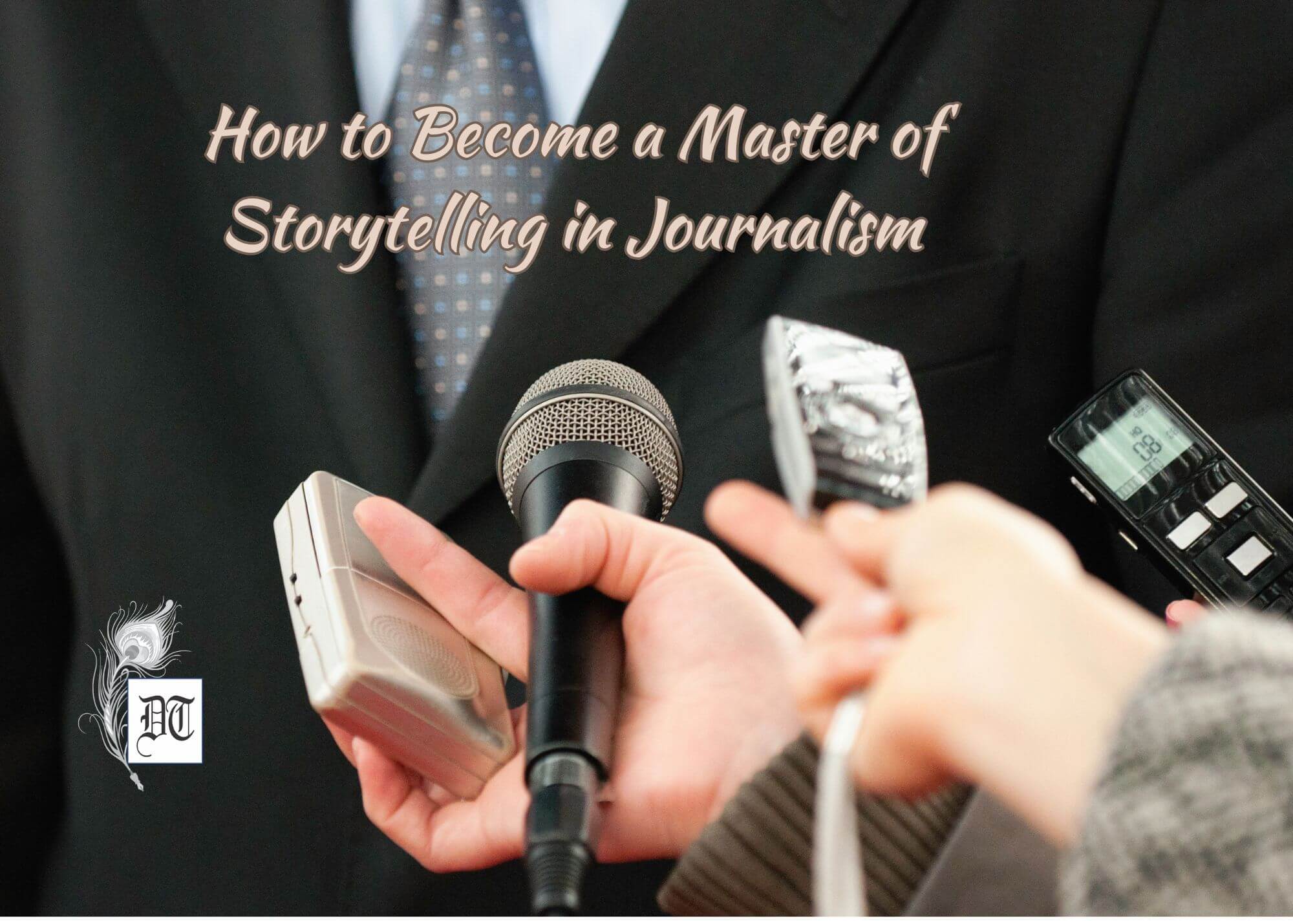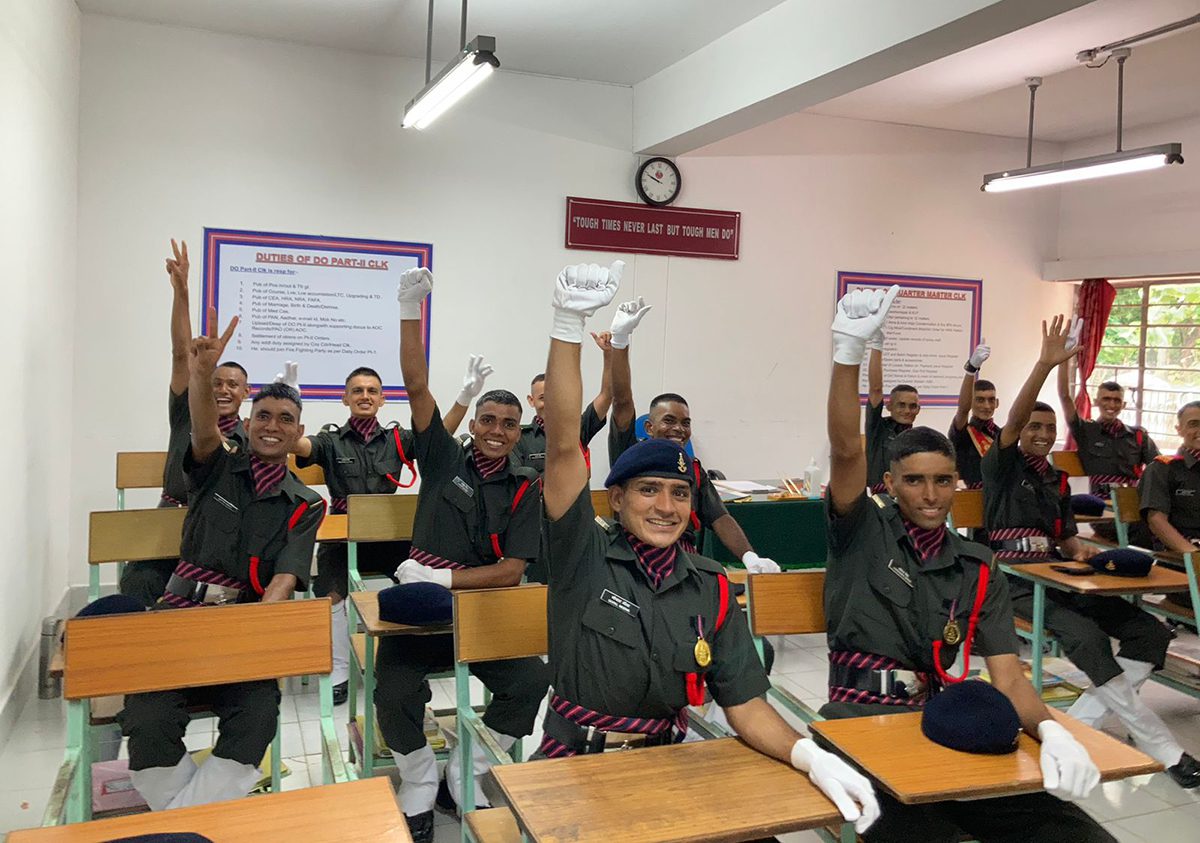Bangalore-based HR professional, Preeyan, tells us how to crack an interview in three parts. In the first part, he gives invaluable tips on how to prepare for an interview. This is the foundation that would decide if you will be able to get through the initial hurdle and secure the job, successfully. We begin a new column, every Friday that would help you prepare effectively for your career ahead. Here’re the guidelines for a fresher, exclusively in Different Truths.
In today’s world, competition is at its extreme high. For every position, we find candidates in the numbers. The only difference is finding the right candidate. Interviews are conducted and a huge amount of time invested. Are we able to find the right person in the shortest possible time? That’s a no.
In the last decade, the time taken to close positions are only ever increasing. Is it that people are not able to assess candidates properly? Maybe, but that’s a different subject altogether. The key is that the candidates have become ever so candid, unprepared and unable to showcase their competencies the way it is meant to be.
In due course in this read for you, I would want to cover a few key things that I would like to see in a candidate in an interview. These are simple things that one needs to understand and practice to make the best mark and impress others. The key to a successful interview is the impression one creates.
These are a few things that our education system does not cover. These are a few things that our faculty in schools and colleges don’t know, as they have not had any industry exposure. The candidates are not taught how to behave in Industry. What does it take to become a successful professional?
The word professional means a person who has the skill, competence, expertise, proficiency, qualification and the focus on handling a profession. It is for every individual to remember that every synonym of the word professional along with the mental capability to remain focused is the key. It comes out of practice and not by reading a book or this writing of mine. This can at best show you, the direction. The rest is all to be done by yourself.
In an interview, there are a few key things that you must remember and they are
- Preparation
- Conduct
- Presentation
- Asking the right Questions
- Follow-up for feedback
- Negotiation
Let us assume that you have already searched out the position and applied for the position you are interested in. You have got a response to your application. The next most important step is the call you may receive. The preparation I have mentioned here should have started before you have got the call.
Please understand that you wrote your resume so you need to know what’s written in the back your mind. Like you should be able to tell what’s written even if you have been just woken from your sleep.
Preparation:
For the call:
How do you prepare? What are the key things that you must have in mind before the call?
The Key is understanding of the profile of the job, for which you have applied.
Learn about the organisation you have applied to.
Have a few talking points about what you currently do and about your prior experience. For freshers, you need to ensure that you don’t mix updates of all the courses you have completed, the place and your extracurricular activities you have been involved in. If you don’t have extracurricular activities it’s ok! You can talk about the interests you may have and your hobbies.
The fact of the matter is that you need to understand where you are getting to. What you need to know about the organisation.
The second step of your preparation is to keep some relevant questions ready for you to ask during the call. Questions like Details of the position, Specialisation of the organisation. How long has the position been open? Is it a new position or a replacement position? Who would you be reporting to? Who would you be taking your interview? How soon would they want you to join?
Attending the call:
 “Hello” is a very common word and the way you say it is very important. If you ask me I respond the call always with “Good morning/afternoon/evening”, depending on the time of the day followed by “this is Preeyan here”, makes the person who is calling feel good and assured that they have called the right person. This is because I personally feel that hello has become overused and abused hence making a difference.
“Hello” is a very common word and the way you say it is very important. If you ask me I respond the call always with “Good morning/afternoon/evening”, depending on the time of the day followed by “this is Preeyan here”, makes the person who is calling feel good and assured that they have called the right person. This is because I personally feel that hello has become overused and abused hence making a difference.
Move to a place where it is silent so that there is no disturbance in the call. In case you have been caught in the wrong time and place you can always ask the person to call you back or take a time from them and you can call them back.
Once on the call hear every word of the question clearly and respond with a lot of clarity. Do not give vague responses. Be very clear about questions asked from your resume. Like I mentioned before it is very important. Understand that over the call the interviewer is looking at only a few things in you.
- Communication skills in English or local language depending on the position you are applying for.
- Clarity of thought. This comes across clearly when you speak your mind clearly and do not fumble.
- Validation of what you have mentioned in your resume.
- Self-confidence and conviction
- Your interest in the position.
Communication skill is not about putting up an accent. It’s about being clear in your conversation, comprehension of what is being asked of you. Please note that you can ask someone to repeat themselves if you have not understood the question put across because it is important that every response of yours is relevant. It is also your capability to express yourself.
Clarity of thought means the clarity in the way you communicate what’s running in your head. Usage of fillers “hmm”, “aaa” indicate low clarity of thought or nervousness. You must cultivate the habit of pausing than using such vocal fillers.
Know your resume completely. All dates, timelines, details, et al are must-know items. Do not miss out on anything.
Your interest in the position will be clear to the interviewer if you ask questions. Ask all the questions you have prepared. You may right down the questions and keep so that you can refer to it and ask the right questions.
Never talk salary here on the call, show that you are keen, not desperate. Show that you are interested and show intent to join.
If you have done all this then you are most likely to be scheduled for a face to face interview. Ensure that your preparation is perfect.
Now starts the second leg of your preparation. You are expected to have got all the details from the call you received. So, you start gathering information.
Look up your reporting manager and the interviewer on LinkedIn – that’s the best way to professionally know people, who they are and what they have done. This is key, keep a few things in mind so that you can use it in the interview.
Look up the company profile, on their website and on other sources. It is good to know what you are getting into.
Try to establish contact with someone who is already in the organisation and see if you can understand how that person feels about working there. This will increase your confidence in attending the interview.
Keep reminders for the time, date and venue of your interview. Choose the clothes you want to wear. Check out the route to the venue of the interview and the time you may take to reach there. It is very important that you reach on time and never late. A minute late is not acceptable. We need to be very strict about it.
Practice all what you must say standing in front of a mirror. I remember a professor once told me that you are your best audience otherwise you will never lose the fear to talk in front of an audience. Practice all your facial expressions, hand gestures in front of the mirror. I know someone who sees you may say you are off your mind, but trust me it’s worth it.
Do not omit anything that is mentioned here. I assure you, it helps.
(To be continued)
©Preeyan Abraham
Photos from the internet.
#Jobs #Interview #Career #InterviewReadiness #TipsForInterview #PreparationForInterview #DifferentTruths







 By
By
 By
By
